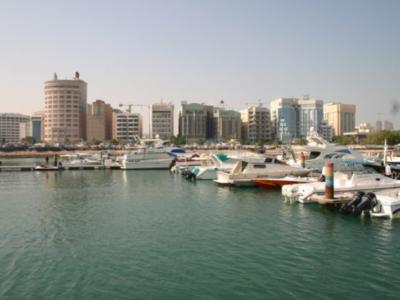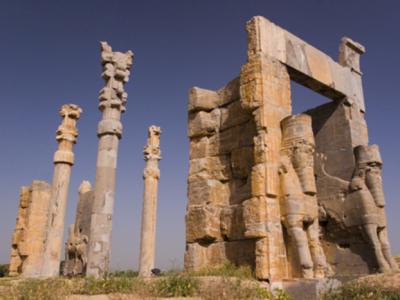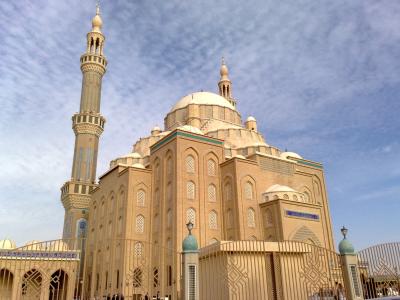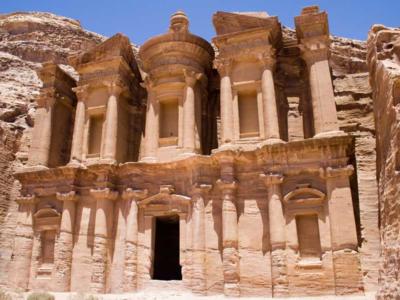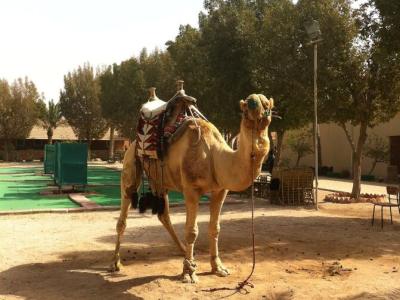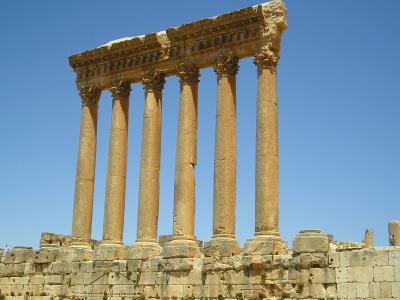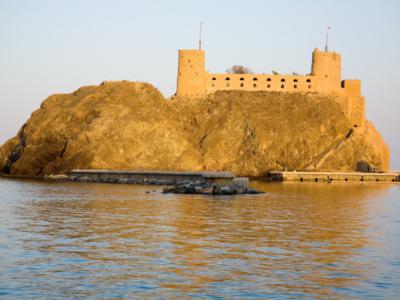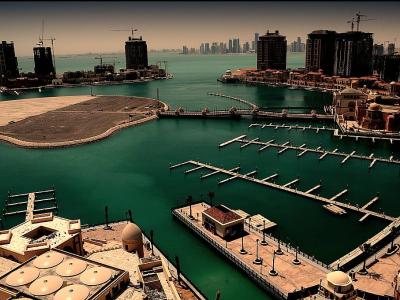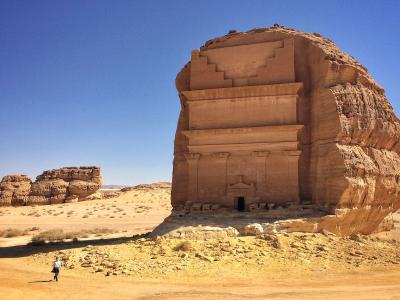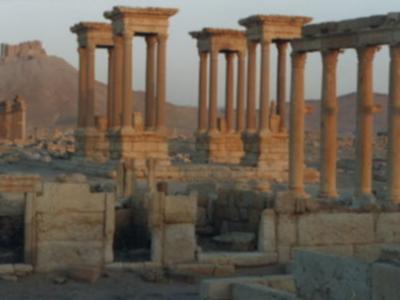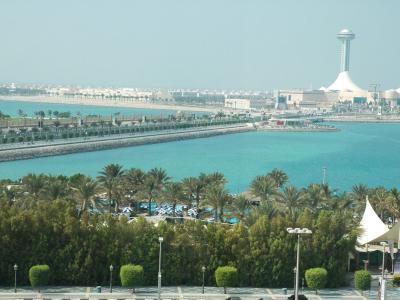The Middle East is a region of profound historical, cultural, and geopolitical significance. It is often referred to as the cradle of civilization, where ancient societies flourished and the three major Abrahamic religions—Judaism, Christianity, and Islam—found their beginnings. The region encompasses a diverse tapestry of landscapes, from the vast deserts of the Arabian Peninsula to the fertile valleys of the Nile and the Tigris and Euphrates rivers. Today, the Middle East is home to a complex mosaic of peoples, languages, and traditions, reflecting a rich history of trade, conquest, and cultural exchange.
The term "Middle East" itself has evolved over time, originally coined by Westerners to describe the area between the Near East and the Far East. The modern Middle East includes countries like Egypt, Iran, Turkey, and the nations of the Arabian Peninsula, each with its own unique identity yet sharing common cultural and historical threads. The region's strategic location has made it a focal point of international interest, particularly because of its vast reserves of petroleum which have shaped global economies and politics.
Despite its natural wealth, the Middle East faces significant challenges, including political instability, social upheaval, and the impacts of climate change. The Arab Spring, which began in 2010, highlighted the desire for reform and change across several Middle Eastern countries. Moreover, the region's role in global affairs continues to be pivotal, with ongoing conflicts and diplomatic efforts drawing worldwide attention.
Understanding the Middle East requires an appreciation of its past and present, recognizing the intricate interplay of religion, culture, and politics that continues to shape this vital part of the world.

